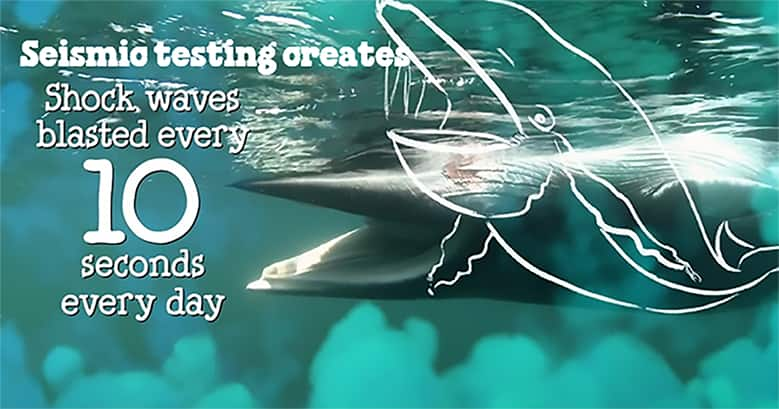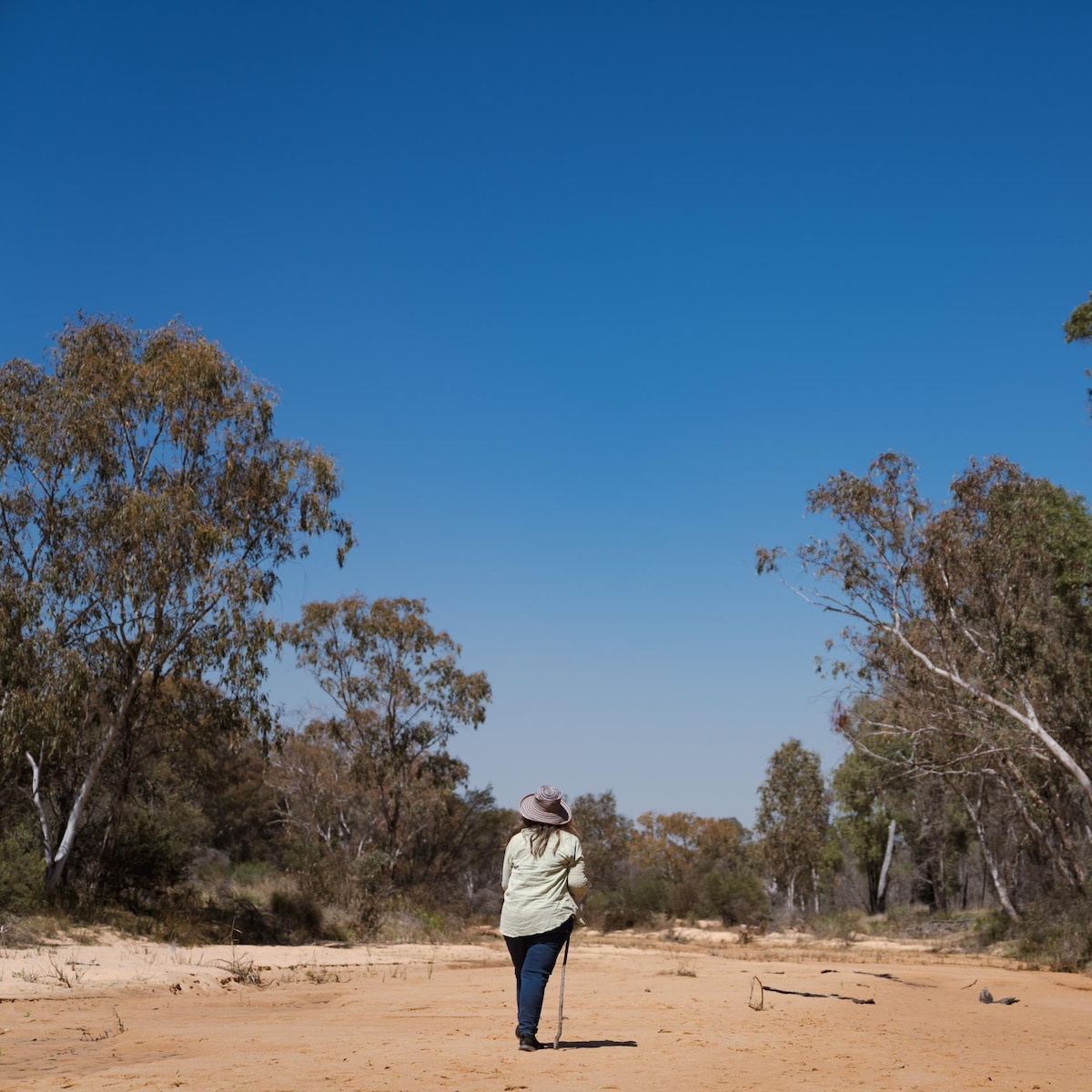Seismic Blasting in our oceans - What’s the deal and why should we care that it’s happening near the Great Ocean Road?

You might have heard the words ‘seismic blasting’ before - but what does it actually mean, and why should we care that it’s happening in pristine places like the 12 Apostles and King Island?
Join us as we deep dive into the issues affecting Australia’s Southern Sea Country, and get to the (ocean) bottom of what’s really happening in our oceans right now…
What is seismic blasting?
Seismic blasting is the first step in drilling for dangerous fossil fuels oil & gas in the ocean.
Large ships called seismic vessels tow airguns that fire loud blasts into the ocean every 10-15 seconds. The creates sound waves that penetrate deep into the seabed, and those that bounce back to the sea surface are used by geologists to find oil & gas reserves trapped in the ocean bedrock. Once oil & gas is found, the next step is exploratory drilling.
Are there plans to blast Southern Sea Country?
State and federal governments have earmarked vast expanses of Southern Sea Country for a massive expansion of gas mining. Southern Sea Country makes up the coastal waters from South Australia, Victoria and stretches all the way to Tasmania and King Island.
Right now, the biggest threat comes from a huge area of 5.5 million hectares (the same as 40,000 Olympic swimming pools!) that is at risk of being blasted by a company called TGS who are currently waiting for a permit to be approved.
Why is seismic blasting so bad for Southern Sea Country?
It’s probably pretty obvious to you that the words ‘blasting’ and ‘ocean’ together are not a good thing. But why exactly is it so bad? Well, seismic blasting involves multiple air guns firing every 10 to 15 seconds, all day, every day, for weeks to months on end. The noises created are one of the loudest sounds humans can make (2 times louder than a jet plane taking off!) and underwater it’s even louder and travels further.
It’s not hard to imagine that these blasts are harmful to marine life. These loud blasts can kill or injure marine animals close by - especially impacting animals like whales and dolphins that rely on sound for navigation and communication over large distances.
It’s not just big animals like whales that are impacted by seismic blasting - the biggest impact is on the species that can’t escape quickly like zooplankton and shellfish. Zooplankton, the very basis of ocean food chains, is at risk from the impacts of blasts. These tiny animals rely on water currents to move and have been found to have been killed from blasts. Zooplankton includes a range of tiny crustaceans, like krill, as well the larvae of bigger marine animals like crayfish, octopuses and fish.
Why can’t we risk seismic blasting in Southern Sea Country?
These southern waters are some of the most pristine and wild waters on earth, teaming with marine life and abundant marine ecosystems. Whales, dolphins, seals, penguins and turtles all call these waters home, as well as the endangered Pygmy Blue Whales who come to the pristine waters to feed.
Blasting these waters doesn’t just put an entire marine ecosystem at risk, it also risks local communities who rely on healthy fish populations for their job. Seismic blasting impacts current and future catch rates for our commercial fisheries, which puts livelihoods at risk.
And it’s even bigger than just blasting - blasting is just the first step to drilling for oil & gas offshore. This means if oil & gas are found, drilling rigs will be set up in Southern Sea Country to drill for fossil fuels. With ocean swells up to 40 ft, this wild ocean is not the place to risk oil & gas rigs.
And that’s not to mention the biggest issue of all - our planet cannot afford to burn more fossil fuels - we need to be stopping all new fossil fuels, and urgently working our way towards a greener and happier future.
What can be done?
Our partners Surfrider Foundation Australia know that when we work together to protect our oceans we can influence decision makers. Your voice can be really powerful in protecting Southern Sea Country - help turn up the volume against seismic blasting and the expansion of oil and gas! Take action by sending an email to ask decision makers to stop new permits for seismic blasting in Southern Sea Country - it only takes 1 minute! Send an email here.
*This super informative scientific information came from the good folks at the Australian Marine Conservation Society. You can read more about the science behind why seismic is not good for our oceans here.
Recent Articles
Sweeten Up Your Inbox!
Subscribe now and we'll make sure you get the inside scoop on Ben & Jerry's fun and flavours! It's like dessert for your inbox, and you're going to want seconds.


